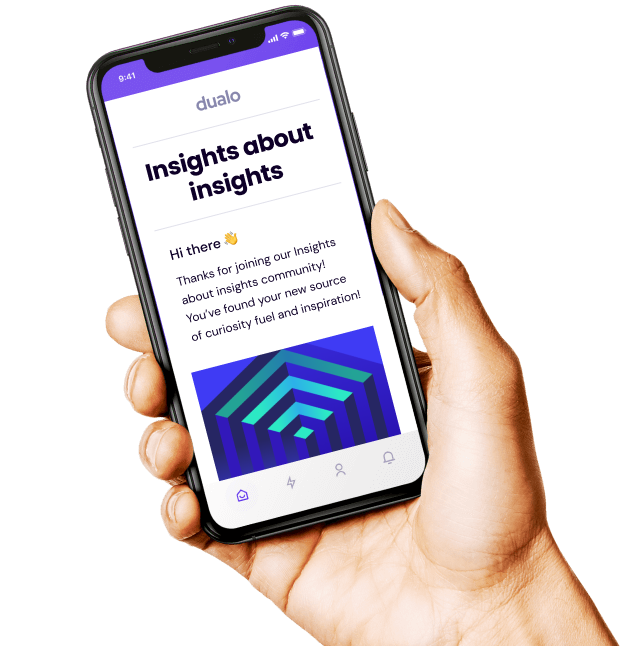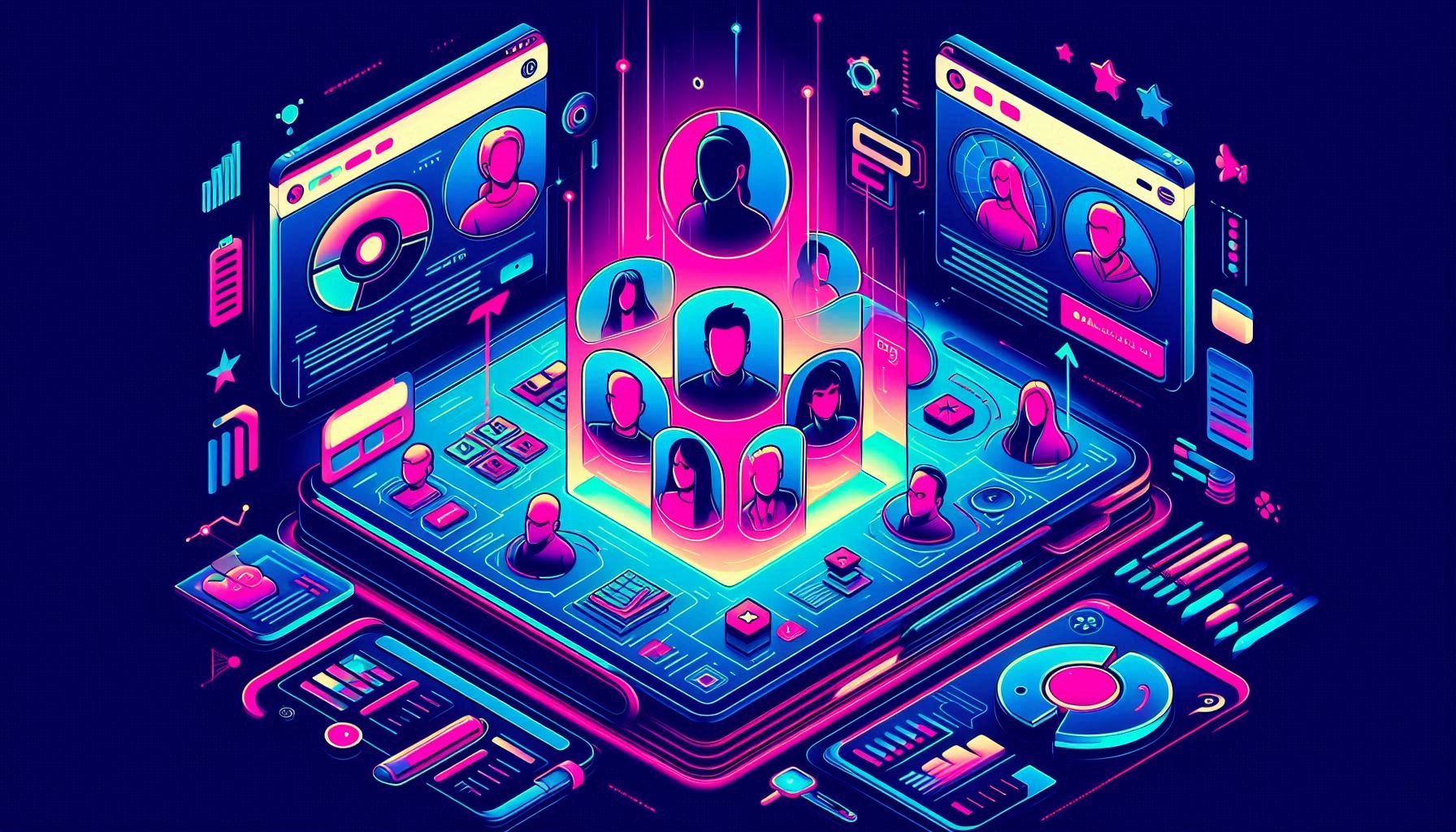How has customer-centricity evolved in recent years?
The meaning of the term ‘customer-centricity’ has shifted. What once meant solely to synthesise what people are saying about your products and services, has now evolved to encompass the many views on customer that exist across teams within an organisation.









.svg)

.jpeg)

.jpeg)
.jpeg)

